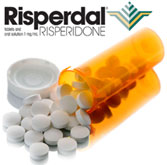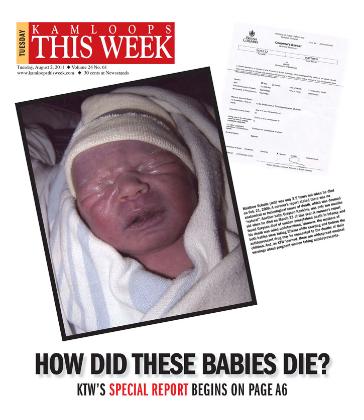
Claim: J&J Wrongly Marketed Antipsychotic Drug Risperdal to Kids
The FDA told Johnson & Johnson (JNJ) in 1997 that its request to market the antipsychotic drug Risperdal for children was “without any justification.” In the following years, J&J’s army of pharmaceutical sales reps made 100,000 sales calls on child and adolescent psychiatrists, justifying this by “qualifying” the docs if they had as few as one adult patient exhibiting signs of schizophrenia, according to a lawsuit.
It was a distinction only a lawyer can love, and now the Massachusetts attorney general is using it against J&J and its Janssen unit, alleging that J&J’s promotion of Risperdal for children was misleading.




SHARE YOUR STORY/COMMENT: